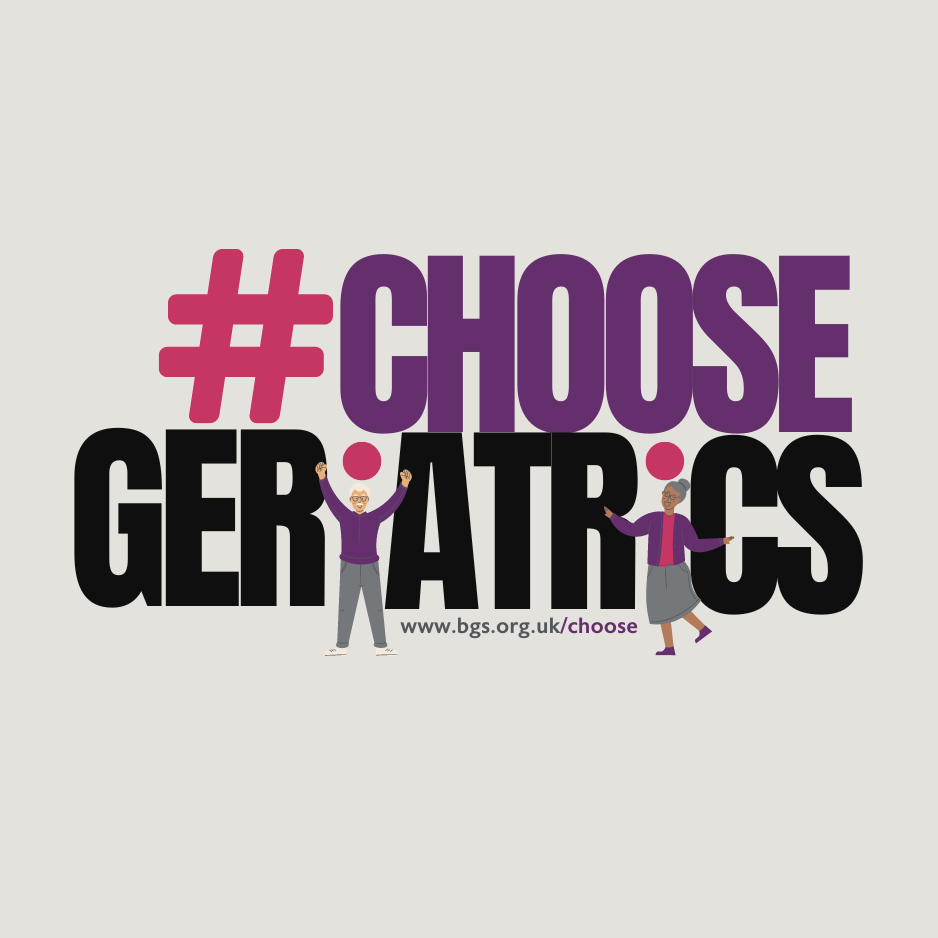Dr Vimal Sriram is the Director of Allied Health Professionals at University Hospitals Bristol and Weston NHS Foundation Trust. He trained as an Occupational Therapist in India and read for his MSc in Evidence-Based Healthcare and DPhil in Populational Health at the University of Oxford. He posts on X: @vimalsrir
Occupational therapy (OT) is a dynamic, fulfilling career that enables practitioners to improve the lives of individuals facing physical, cognitive, or emotional challenges. With an ageing global population, OTs’ role in geriatrics has become increasingly critical, offering an opportunity to work with older adults to enhance their quality of life.
The global population is ageing, and this demographic shift has intensified the demand for healthcare professionals skilled in managing conditions associated with older age, placing OTs at the forefront of care for older people. OTs can support this population to maintain their independence and enhance their quality of life, using personalised treatment plans that enable them to engage in meaningful activities, promoting both mental and physical health. OTs empower individuals to continue living in their chosen place with purpose and dignity.
My personal experience
I trained as an OT in India and then moved to the UK. During my professional career, I have seen prevention, intervention and care provided to older people in two very different health systems. Cultural, financial and medical models, while different in the two countries, always centre on enabling older people to lead fulfilling and enriched lives and can transform the lives of older adults.
My interest and work experience in the care of older people and academic curiosity in the use of technology led me to a Master’s degree (with my dissertation on a systematic review of assistive technology use in dementia care). Conclusions from my dissertation and unanswered research questions led me to pursue a doctoral degree in population health, examining carers’ experience of using assistive technology in dementia care. My research highlighted the significant role carers and health and care professionals – including OTs - play in helping people with dementia navigate the complexities of chronic conditions and remain at home for as long as possible. I work as a clinical-academic and in my current role as Director of Allied Health Professionals for a large acute hospital, I have strategic responsibility for the experience of care for those with dementia and delirium and those who experience falls. This includes working with multi-professional teams in ensuring our communication, training and environment are supportive of older people and ensuring that we are a hospital that encourages an active lifestyle for those admitted to our care. With an OT background, this allows me to support physical and cognitive activities for our patients, including participation in dancing for dementia and sensory garden activities and for those requiring enhanced therapeutic observations to be supported with meaningful activities. The multi-professional teams in my Trust actively support the use of “all about me” documentation to personalise care for older adults. My academic interests continue to look at quality improvement approaches being used in supporting patients and the workforce involved in caring and rehabilitating them; and digital and robotic solutions for rehabilitation, especially of the older population and those from minoritised or under-served groups. My involvement in research, particularly in dementia care, has allowed me to contribute to the growing body of knowledge that informs best practices in geriatric occupational therapy.
Occupational Therapy in Geriatrics
One of the most rewarding aspects of working in geriatric occupational therapy is the opportunity to collaborate with other healthcare professionals. Geriatric care is inherently multidisciplinary, often requiring input from doctors, nurses, pharmacists, physiotherapists, social workers, voluntary sector partners and families. Embarking on a career in geriatric occupational therapy requires a set of skills, combining both technical and interpersonal competencies. For current OT practice, a good understanding of prevention strategies, age-related diseases, assistive technology and rehabilitation strategies is crucial. However, technical knowledge alone is not sufficient; compassion, patience, and strong communication skills are vital when working with older patients. Understanding the psychological and emotional aspects of ageing allows OTs to build trust with their patients and their family, helping them to feel empowered despite their limitations.
A career in geriatric occupational therapy offers not only personal fulfilment but also ample opportunities for professional growth. As the demand for care of older people increases, OTs specialising in geriatrics are likely to find themselves in high demand across various settings, including hospitals, community health, rehabilitation facilities, digital and innovative spaces, leadership, academia, research and private practice. With the slowly increasing numbers of advanced and consultant practitioner roles in frailty, OTs have even more opportunities in geriatrics in these emerging and advanced roles. In addition, there is a growing emphasis on digital technologies and innovative practices within geriatric care, including virtual/augmented reality and artificial intelligence. This is an exciting frontier in occupational therapy and OTs who are open to exploring these new avenues will be at the cutting edge of care for older people, driving improvements in patient outcomes and overall quality of life and becoming pioneers in the field.
Occupational therapy offers a deeply rewarding career path, particularly for those interested in working with older people. A blend of technical expertise, compassion, and collaboration required in geriatric OT makes it a fulfilling and impactful career choice within the profession. With an ageing global population and a rising demand for care there has never been a better time to pursue a career in geriatrics. Occupational Therapists specialising in geriatrics can make a significant difference in the lives of older adults. My career, spanning over 23 years, has been enriched by the challenges and rewards of working in geriatric care, and I encourage anyone passionate about making a lasting impact to consider this path.




